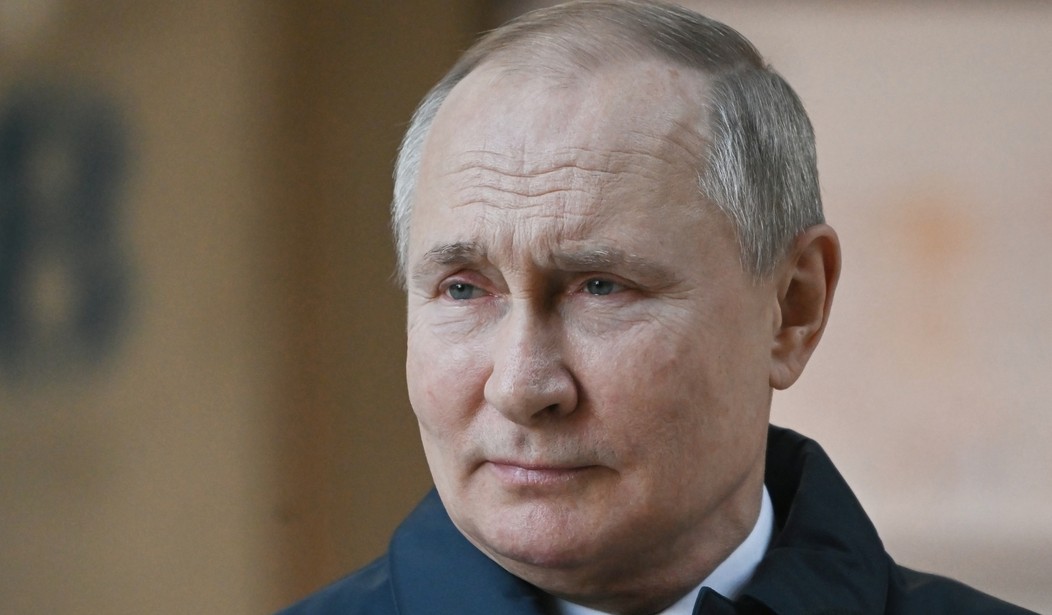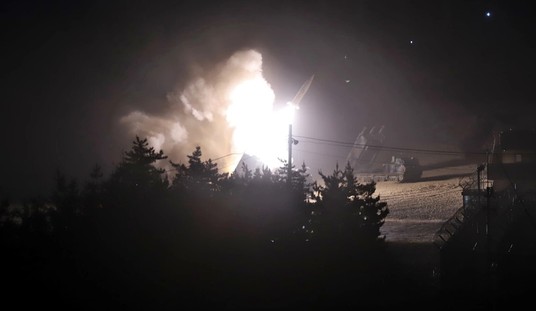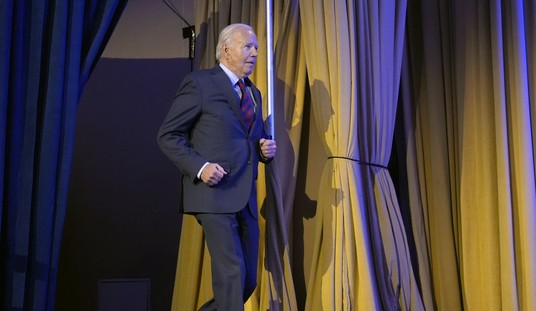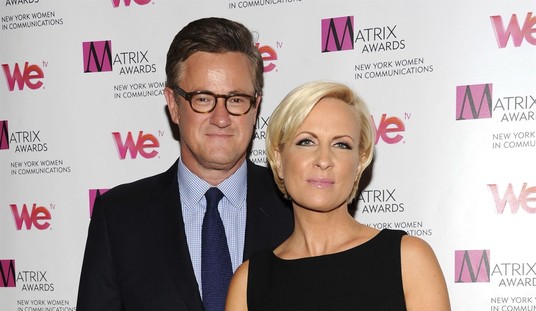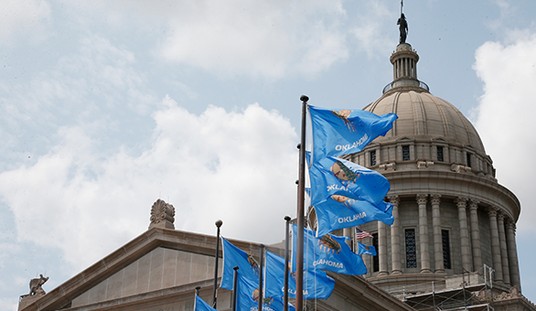I sure would not want to be in Russia spying for America with Joe Biden as U.S. president.
In the lead-up to Vladimir Putin’s unprovoked invasion of the sovereign neighbor nation of Ukraine, Biden and his aides repeatedly revealed and discussed in public highly-detailed, classified intelligence reports and declassified photos about the Russian leader’s invasion plans clearly obtained by clandestine sources.
Biden was unusually specific – and accurate – in predicting the Russian invasion “in coming days” despite vigorous denials from Moscow. Fortuitously for Biden, such revelations also provided a compelling distraction from his political troubles at home — frightening inflation, the lingering pandemic, a legislative agenda stalled by his own party.
The goal for the beleaguered American president with minimal domestic job approval was to convince Americans and, more importantly, skeptical European allies that Putin was seriously conspiring to send thousands of Russian troops into Ukraine in the largest military operation on the continent since World War II.
Putin’s explicit goal was to topple the democratically-elected government and install a puppet regime in Europe’s largest nation, nearly the size of Texas.
Understandably, it’s not easy to convince other elected leaders to undertake sanctions on, say, Russia when it will force their own voters to make sacrifices too, as Putin has successfully gotten European countries addicted to his easy energy supplies.
Russia’s invasion of another nation has already jacked global energy prices, which perversely rewards Russia with increased incomes for its gas and oil sales. Unless nations stop such purchases.
Biden talks of his harsh sanctions on Moscow, but none of his measures affect the 650,000 barrels of oil the U.S. purchases from Russia every single day.
By comparison, the Keystone XL pipeline would have carried 800,000 barrels of oil per day from Canada to Texas refineries. But Biden killed that project, then initially endorsed Putin’s Nord Stream 2 pipeline.
And if the unusual use of such classified intel enhances Biden’s battered image at home, well, that can’t be helped, can it?
So, Biden was willing to risk someone else’s neck to attain his own political ends.
The Democrat’s dangerous gambit worked, as far as we can tell. It may also have prompted Putin to alter, though hardly halt his aggressive plans. But it did generally quiet Europeans who had been hopefully pooh-poohing invasion fears and produce a rare allied unity.
The more specific the shared intelligence details are, however, the easier it would be for agents of the former KGB agent to track down the spy or group of suspected spies. In what Kremlin meeting or phone call was that specific detail discussed?
At one point, Putin claimed that the ominous Russian troop movements were merely setting up for military exercises with Belarus. The Americans promptly dropped an info bomb asking why then Russian forces were stockpiling supplies of blood transfusions — for innocent war games?
Those details were not public information and obviously came from highly-placed Moscow sources seeking a nice payoff or perhaps to head off a bloody war they knew would be a deadly disaster, as it’s proven to be.
Putin, remember, is the kind of ruthless guy who sends agents to poison his critics living abroad, which is presumably sweet revenge and also intimidation for any other critics considering blabbing.
If Putin is prepared to mislead his own troops into deadly ambushes abroad, telling them Ukrainians will welcome them as liberators, he’d hardly hesitate to kill off a few suspected spies at home just to be safe.
We’ll probably never know the fate or motive of the traitorous Russian leaker(s).
Important to note that Putin didn’t dare try such foreign escapades during the tumultuous four-year presidency of an unpredictable Donald Trump. We wrote about exactly that here last weekend. Some might call Trump a bully, which isn’t always a bad thing when dealing in foreign affairs among other global bullies.
Recall that Putin annexed Crimea in 2014 during the apologetic years of Democrat Barack Obama’s tenure. The Russian tried no new land grabs during Republican Trump’s time in office.
Instead, Putin spent the time hardening Russia’s economy, banks, foreign currency reserves, and energy sectors against the kind of economic sanctions he knew would come after moving on his neighbor.
Western leaders instinctively turn to sanctions – on Russia, Iran, North Korea, Venezuela. That lets them duck unpopular and dubious military actions. Sanctions sound really good and tough, make effective photo-ops, and appear to be decisive.
They do hurt the citizenry of target countries. But sanctions inevitably fail to change that leader’s policies, as we’ve detailed here. See Nicolas Maduro, Kim Jung-un, Xi Jinping, Tehran’s mullahs.
But within 60 days of Trump’s White House departure last year and Biden’s shuffle into the Oval Office, the Russian leader began assembling his invasion forces on Ukraine’s border.
Even Ukraine’s president Volodymyr Zelensky was fooled and for a time pushed back publicly against Biden’s specific warnings of a looming assault.
But Biden repeatedly used inside information. Exact military units and their movements. Specific weapons in place. Even likely invasion routes. Satellite photos. All of which Moscow dismissed as anti-Russian hysteria.
Putin planned to use a false-flag operation, a staged attack against Russians by Russians, to justify his troops’ massive intervention. How’d you like to work for a duplicitous leader prepared to sacrifice some of his own troops to create a phony excuse?
Putin had assembled a hit squad to one way or another “remove” Ukrainian officials, including the president. And then install a puppet regime.
Biden’s tactics didn’t prevent Putin’s invasion. They did, however, create the most specifically-anticipated military operation in decades, down to a precise number of troops to participate before they had all assembled.
And likely set a new template for pre-war public relations. Even Britain’s notoriously secretive spy agency MI6 followed suit.
Stephen Long, an international relations scholar, put it this way:
It’s a new tool that I think we can expect to see used more frequently in the future, in instances in which the government can release specific, detailed information that demonstrates that an aggressive leader like Putin is lying.

